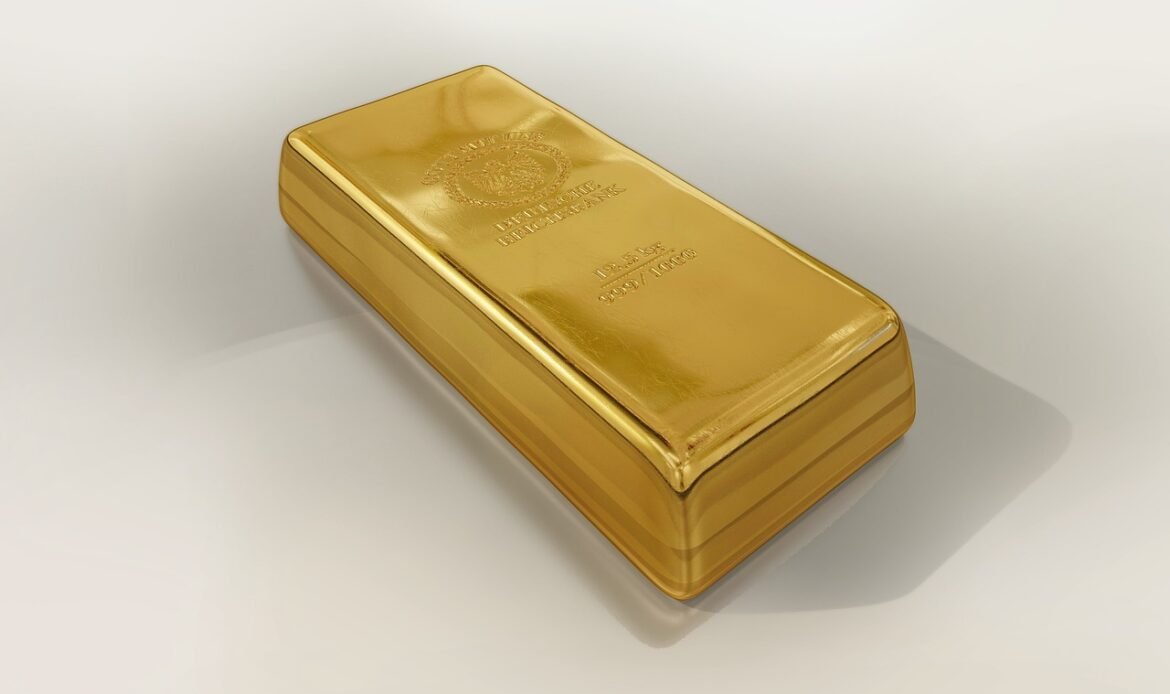Criticism has arisen over a 25-year agreement recently unveiled by the Congolese government, which grants exclusive rights to a little-known UAE company for the export of artisanal gold at preferential rates.
The deal, signed in late 2022 and made public on Monday, was allegedly intended to address issues in the Democratic Republic of Congo’s informal mining sector, where smuggling has resulted in the loss of huge sums of tax revenue and contributes to the funding of militant groups in the mineral-rich eastern provinces of the country.
Under the contract, Primera Group, an Abu Dhabi-based conglomerate, receives a majority share in two joint ventures and exclusive rights to export artisanally-mined gold at a preferential rate of 0.25%.
Furthermore, the company is also granted exclusive export rights for artisanal coltan, tin, tantalum, and tungsten (3T) minerals at a tax rate of 3.5%.
Analysts and the watchdog group “Le Congo n’est pas à vendre” (Congo is not for sale) have criticized the deal regarding the lengthy contract duration and the advantageous tax terms.
Jean Claude Mputu, a spokesperson for the watchdog group, expressed concerns about the monopoly held by Primera Group over the export of all artisanal gold and 3T minerals.
“A monopoly on the export of all artisanally-mined gold and 3T minerals, for 25 years,” the Gulf firm benefits of “raises great concerns about fairness,” Mputu said.
Comments are yet to be made by the UAE government and Primera Group on the contract agreement.
The Congolese government, under pressure from the International Monetary Fund (IMF), published the contract without making any statements about the deal.
In February, Finance Minister Nicolas Kazadi stated that smuggling had already shrunk, citing data showing a great increase in Primera’s artisanal gold exports over a 45-day period compared to the province’s total exports in 2022. However, the official did not explain how this proved a decline in smuggling.
Mputu and two former UN analysts criticized the agreement for its favorable tax terms on the export of raw minerals, which contradict the government’s aim to develop processing capacity within the country and maximize its mineral wealth.
The contract only requires Primera to establish a gold refining plant within Congo when the volume of gold to be refined exceeds 60 tonnes per year.
Currently, Primera has exported 650 kilograms from the province of South Kivu between January and April, a long way from the threshold of artisanal gold stated in the contract.
Moreover, the export tax rate for raw gold provided to Primera is 40 times better than the 10% rate offered to a local processor of refined gold.
An anonymous analyst who previously worked for the UN in Congo said, “This looks like a deal that is going to benefit a small number of people for a very long time.”
This article was originally published by Al Mayadeen English.



